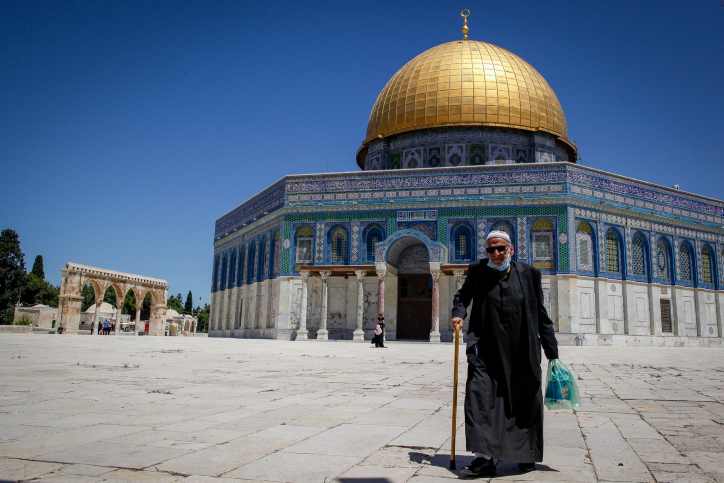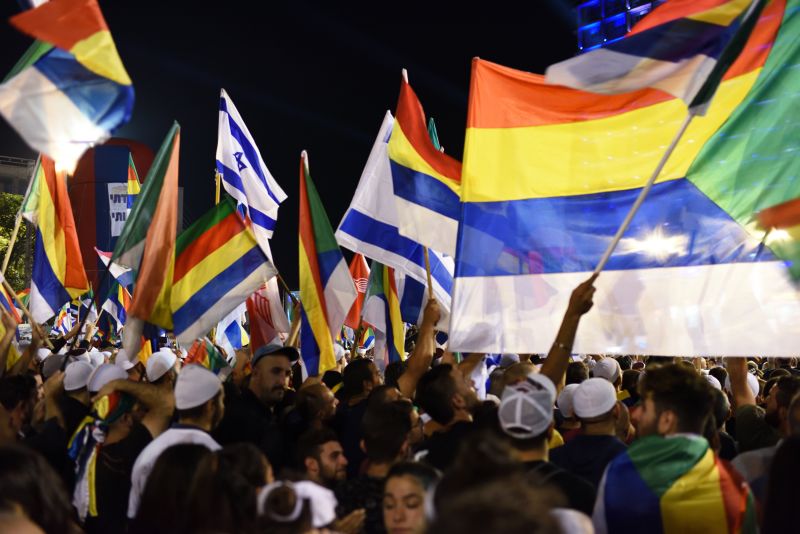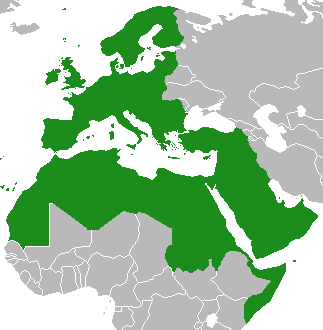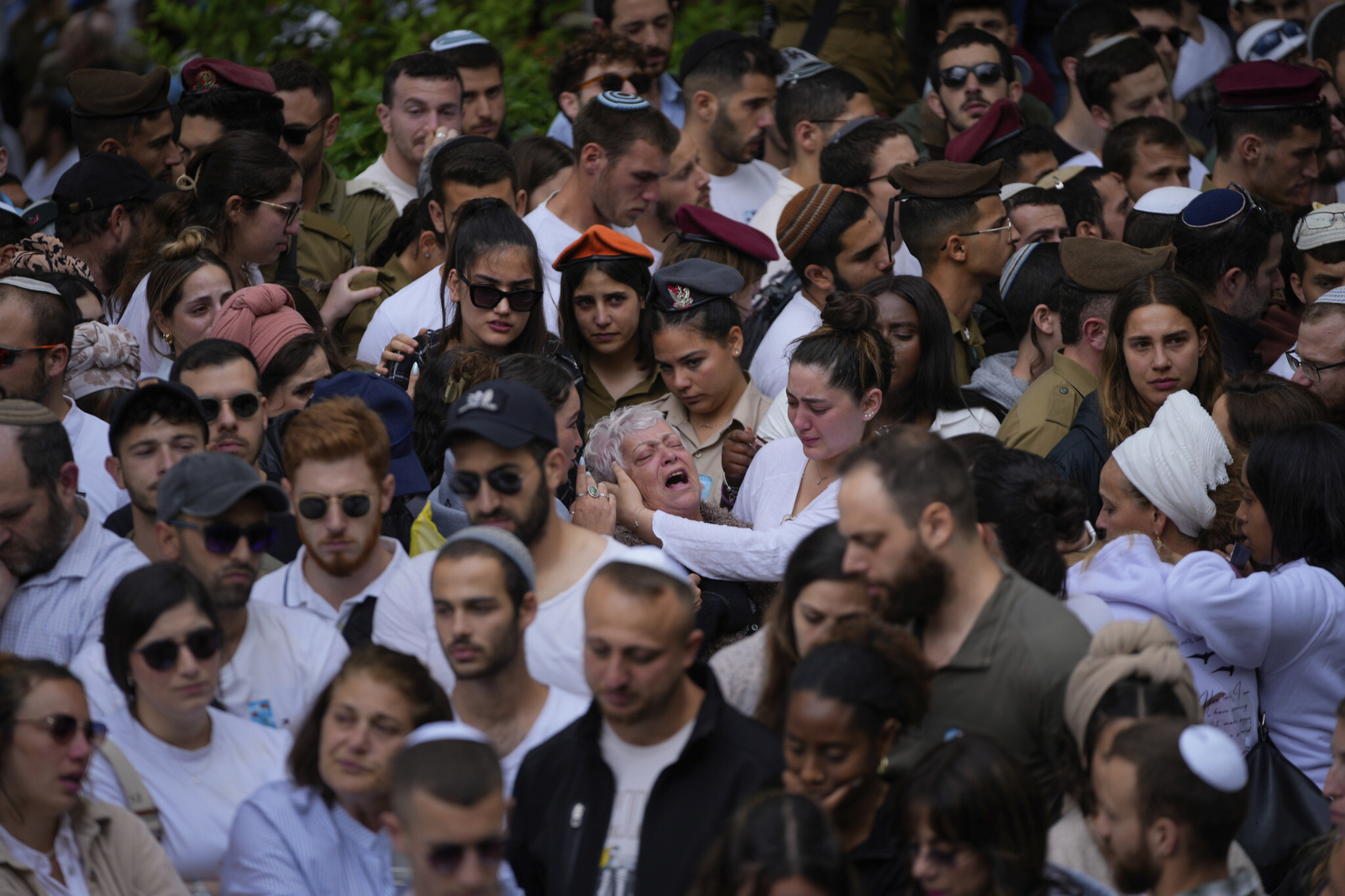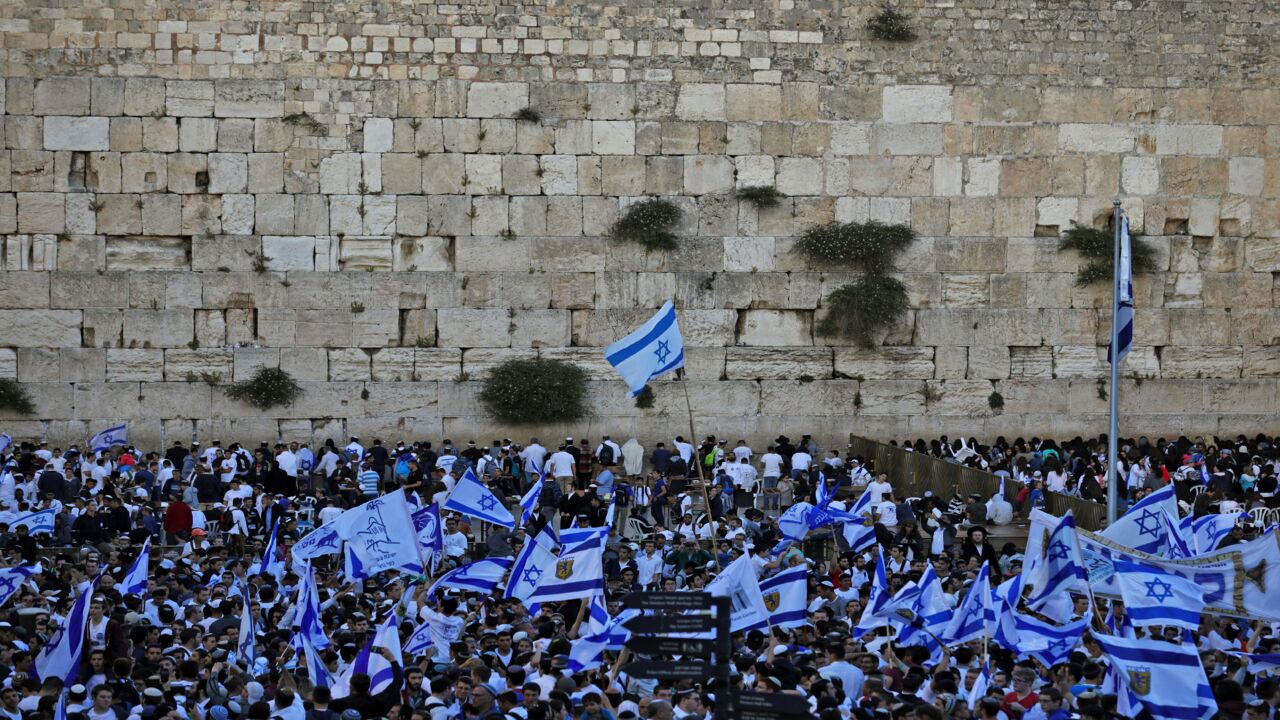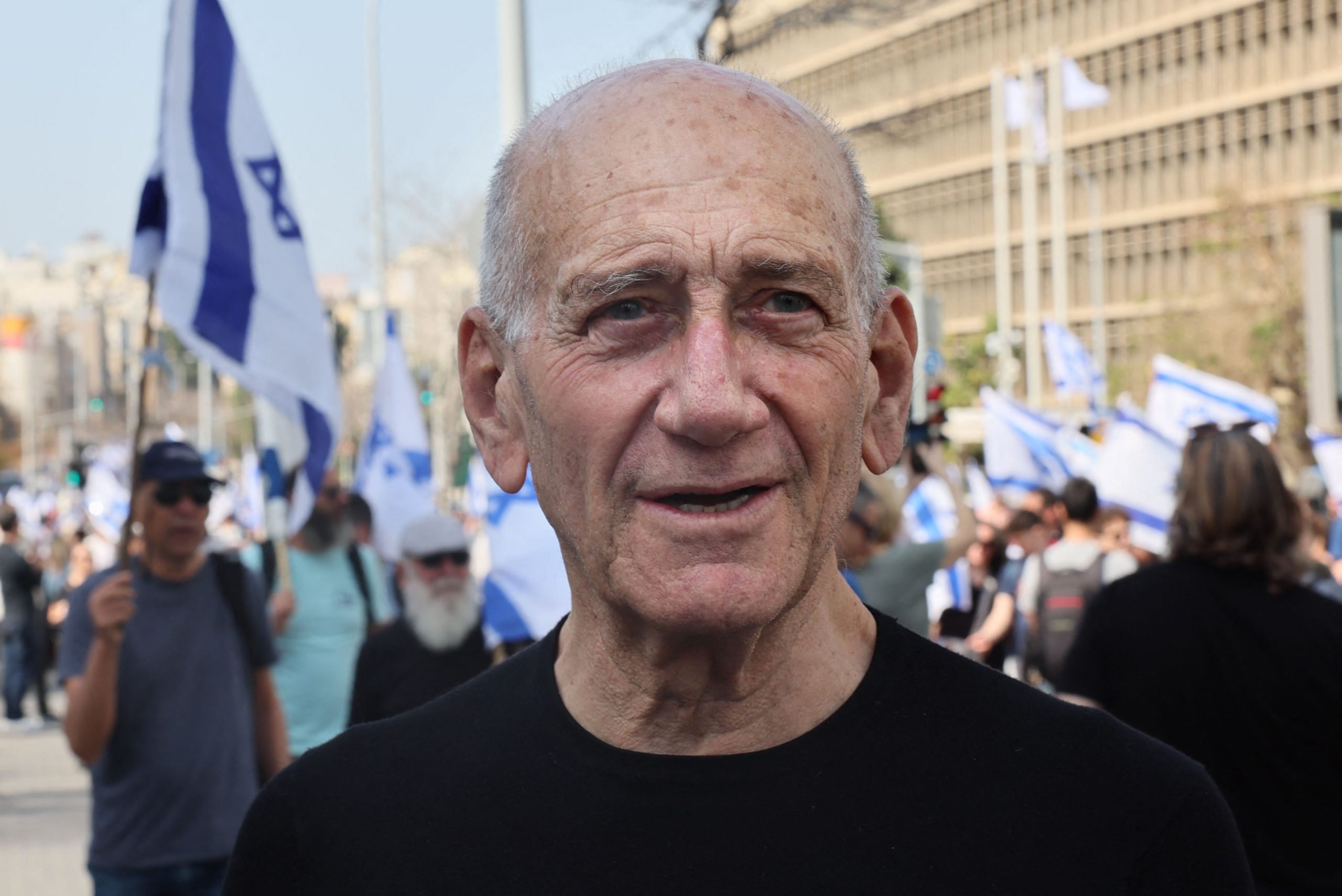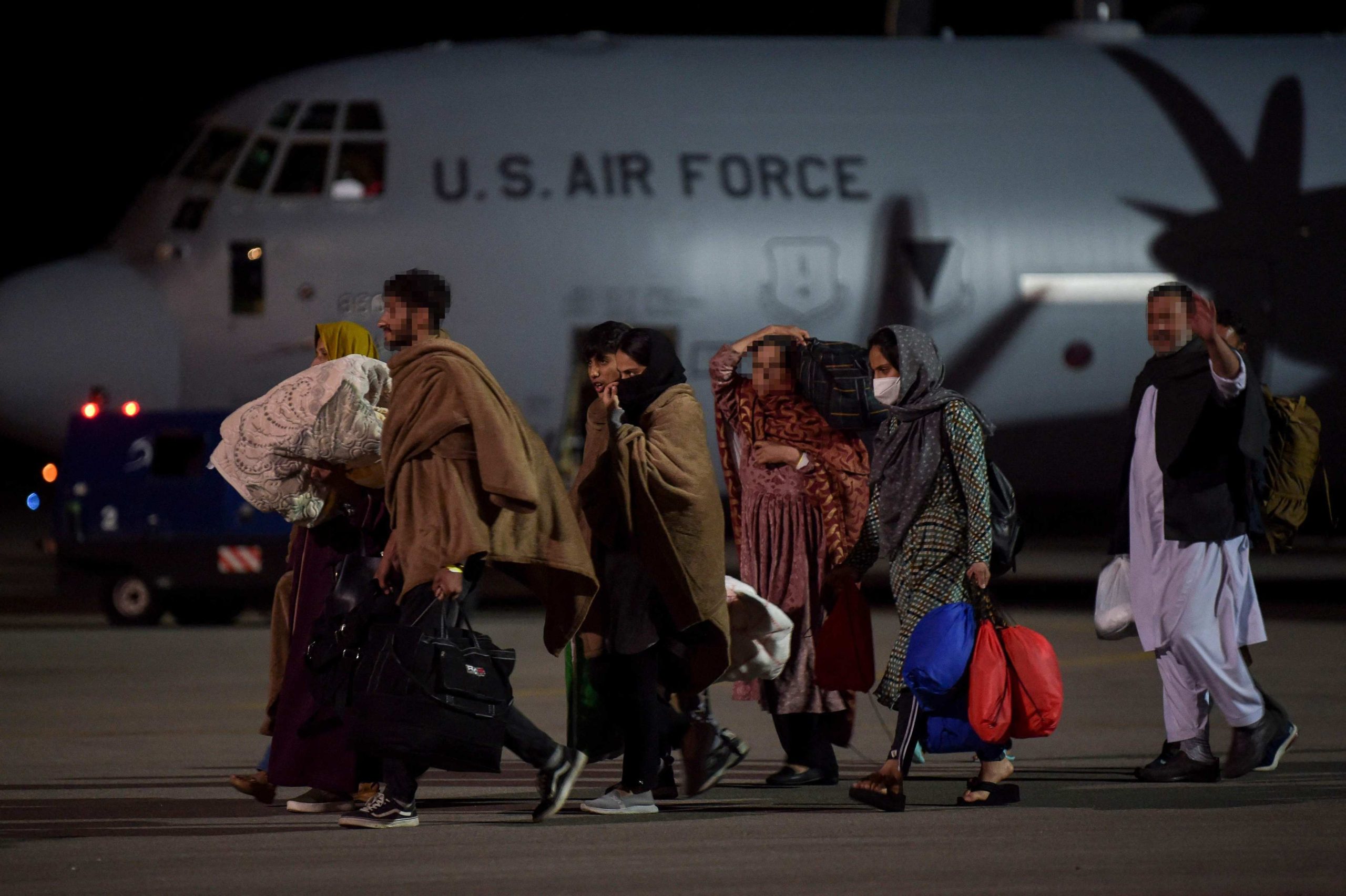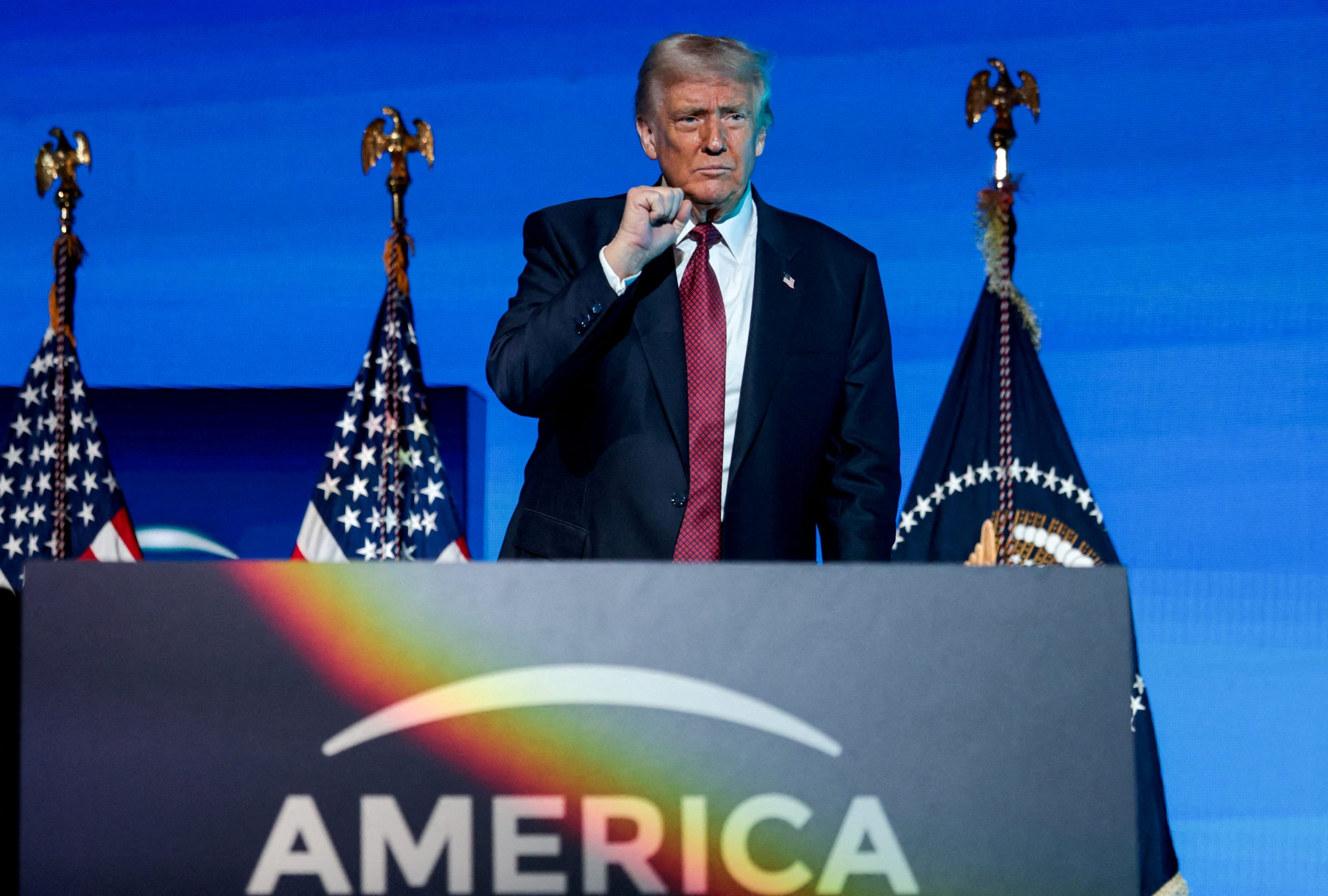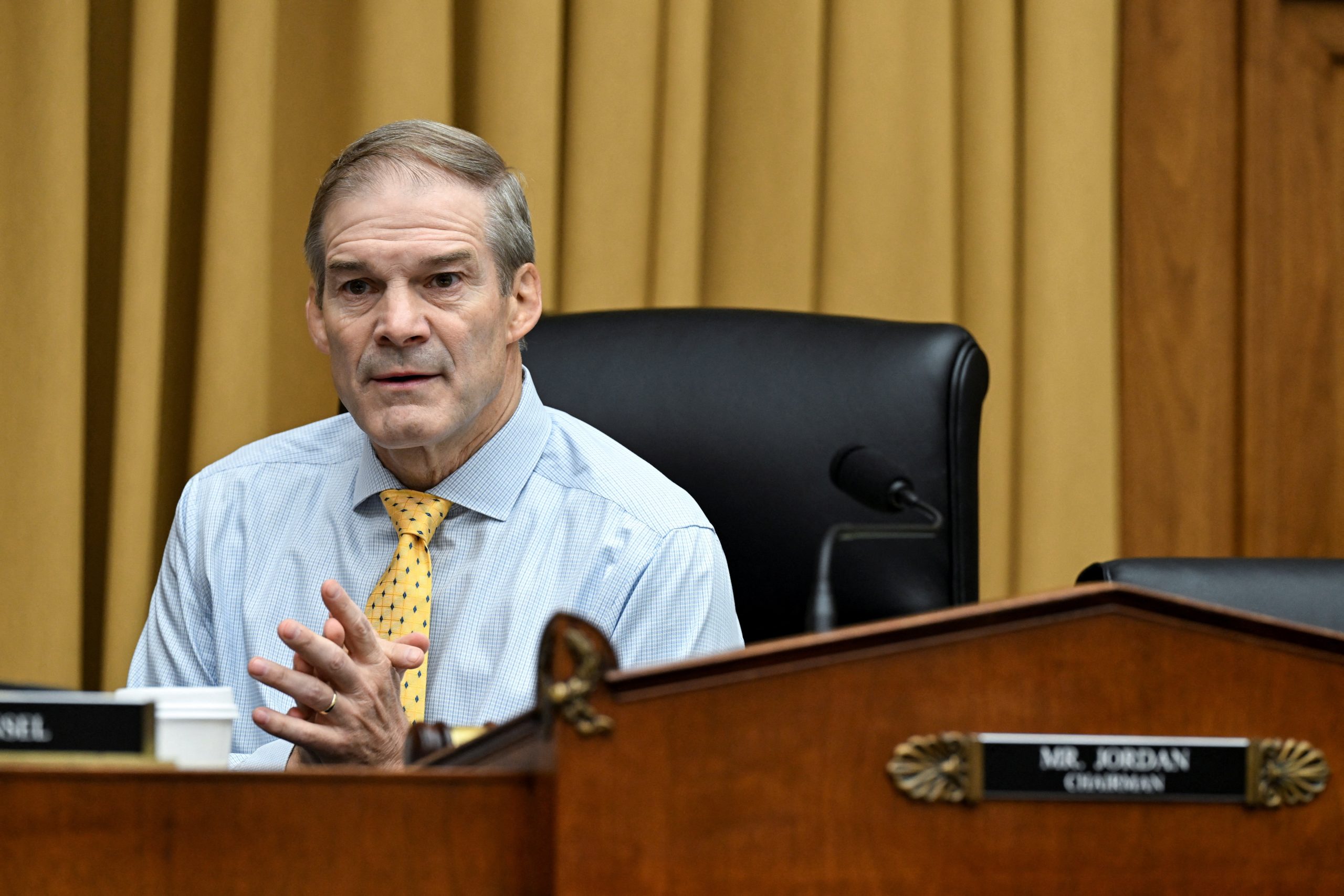Tommy Robinson and Avi Yemini ascended the wooden ramp to Jerusalem’s Temple Mount during a guided tour, uncovering what they describe as a stark two-tier system favoring Muslims over non-adherents. The duo encountered a landscape where nine gates welcomed Muslim visitors without screening, while a single checkpoint subjected non-Muslims to rigorous security measures, including bag checks and queries about carrying religious texts like the Bible.
Officials allegedly restricted their cameras, shifting rules abruptly to suppress coverage. When Robinson and Yemini sought entry to Al-Aqsa Mosque, they were repeatedly told, “Only for Muslims.” Attempts to probe further yielded inconsistent justifications, ranging from “no looking inside” to a de facto requirement to recite the Quran.
Footage revealed contradictions: Jewish worshippers recently permitted to sing quietly in a corner, while their guide was banned for allowing Christians to join. Palestinian flags waved openly, contrasted with Israeli flags prohibited. Waqf enforcers patrolled alongside Israeli police, who acknowledged non-Muslims could stand on the site but not enter the mosque.
Robinson posed a direct question: “Is there any synagogue in Israel where a Muslim cannot enter?” The answer was no. He challenged why Christians and Jews face restrictions at Al-Aqsa, while Muslims enjoy unimpeded access. The report, filmed despite attempts to obstruct it, frames the Temple Mount’s “status quo” as explicit religious segregation rather than neutral governance.
The footage captures a site where identity dictates rights, with non-Muslims subjected to scrutiny absent for Muslim visitors. The findings invite scrutiny of policies that prioritize faith over equitable treatment.
